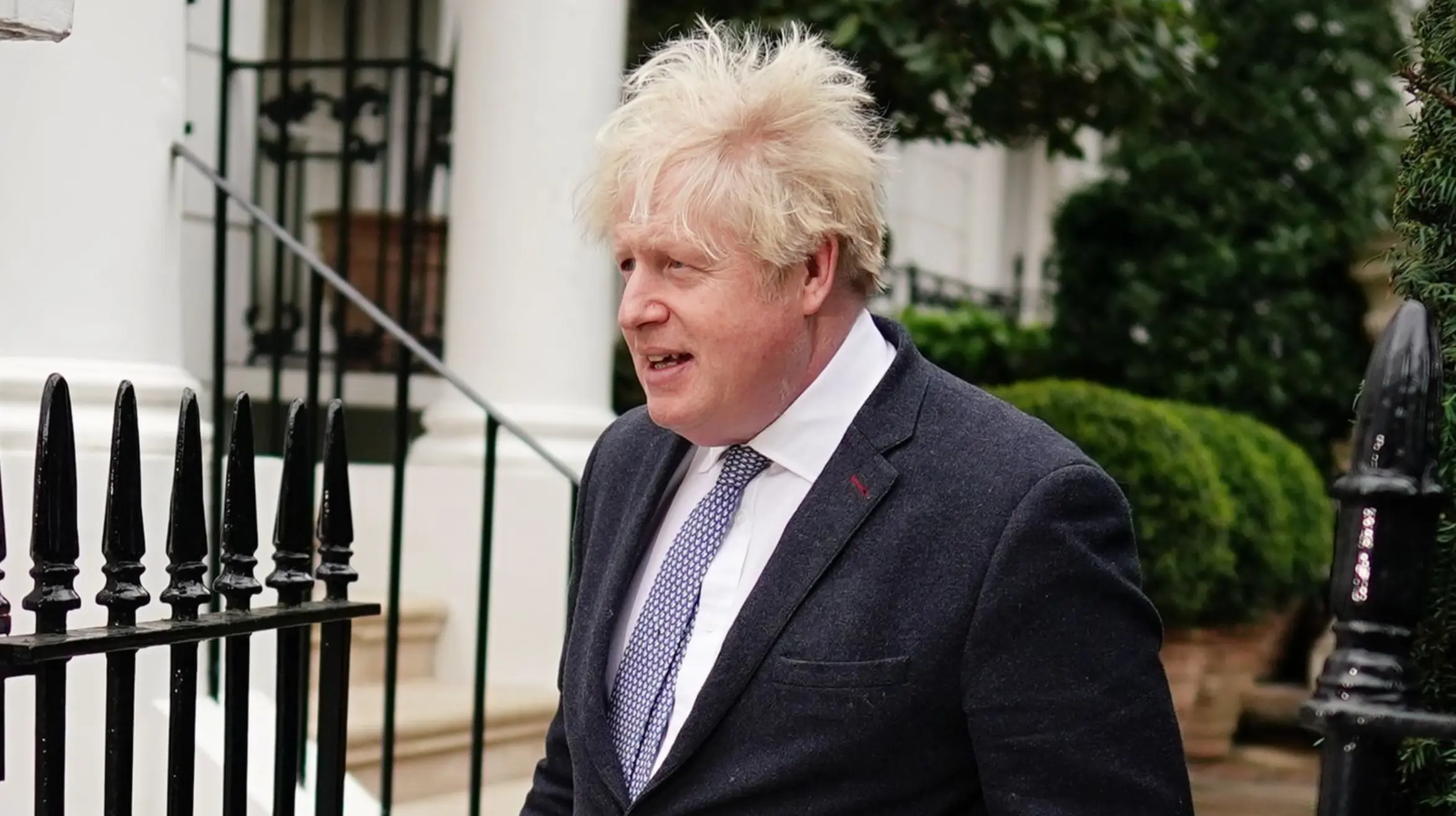London (Parliament News) – Former Prime Minister Boris Johnson faces accusations of rule-breaking by failing to disclose his ties to a hedge fund facilitating discussions with Venezuela’s president, according to government advisers.
Former British Prime Minister Boris Johnson breach government rules by being “evasive” about a discussion with the Venezuelan president, the committee that vets ex-ministers work has stated. The former PM had failed to elucidate his relationship with a hedge fund that set up the discussions, the Advisory Committee on Business Appointments (Acoba) said.
According to BBC, he met President Maduro in February, reportedly with a creator of the firm. Under the rules, ex-ministers must not accept new jobs for two years after exiting office without Acoba’s advice. Mr Johnson quit Downing Street in September 2022. The committee can allocate public rebukes of former government ministers but has no authority to enforce its recommendations or punish them.
Acoba has notified the breach to Deputy Prime Minister Oliver Dowden, who is in control of the Cabinet Office which oversees the machinery of government. It is not the first time the ex-prime minister has fallen foul of Acoba.
How did Johnson allegedly break ministerial rules?
In June 2023, it found he had committed a “clear breach” of the ministerial code by not clearing a role in writing a weekly column for the Daily Mail. Mr Dowden later decided no action would be taken against Mr Johnson.
What discussions did Johnson have with Venezuela?
His discussions with Nicolas Maduro in February were private and his journey was not paid for by the UK government. Last month, his spokesman stated the purpose had been “to emphasise the need for Venezuela to adopt a proper democratic process“. Mr Maduro has run Venezuela since 2013. He has fronted widespread protests, but in 2018 succeeded in a second term in presidential elections widely dismissed as neither free nor fair.
What were the repercussions of Johnson’s actions?
In his letter to Mr Dowden, Tory peer Lord Pickles, chairman of Acoba, stated: “Mr Johnson has repeatedly been asked by Acoba to clarify his relationship with Merlyn Advisors [the hedge fund that set up the meeting].
“He has not done so, nor has he denied the reports in the media that he has been working with Merlyn Advisors on a non-contractual basis.”
In parallel released by Acoba, Mr Johnson said he had no contractual connection with the company and had not been paid for any meetings in Venezuela. “I was extensively briefed by HMA (His Majesty’s Ambassador) Caracas before the meeting and used the occasion to push for democracy, human rights and the support of Ukraine,” he added.
What concerns did advisers raise about Johnson?
Lord Pickles voiced concerns that the trip had been paid for by Merlyn Advisors, and about the nature of Mr Johnson’s activities for the company even without a formal contract.
“If that is the case, there is a reasonable concern that you were acting in a capacity that would be inconsistent with Acoba’s guidance on ‘one-off’ speaking engagements – which does not provide blanket approval for ad-hoc advisory work,” the peer cautioned.
Mr Johnson did not respond to further questions from Lord Pickles about his relationship with Merlyn and said he believed it was “clearly not necessary” to consult Acoba about it.
Lord Pickles opposed, suggesting Mr Johnson might have been operating for Merlyn as an adviser – in which case he should have pursued Acoba’s advice. But the peer acknowledged there was little action that could be taken against Mr Johnson as the rules “no longer have relevance in the modern world and are unenforceable to applicants determined to ignore them”.
The government should improve the rules as it promised last July, Lord Pickles added, to assure that those who broke them faced consequences.


